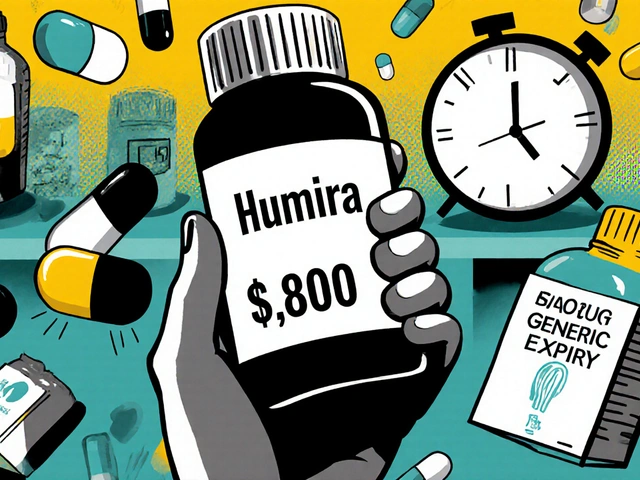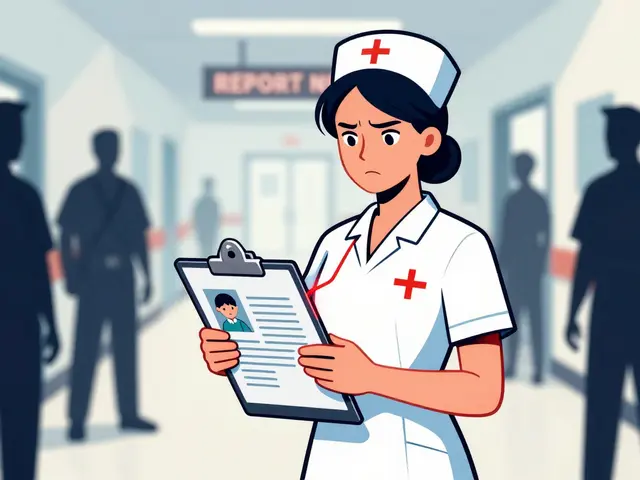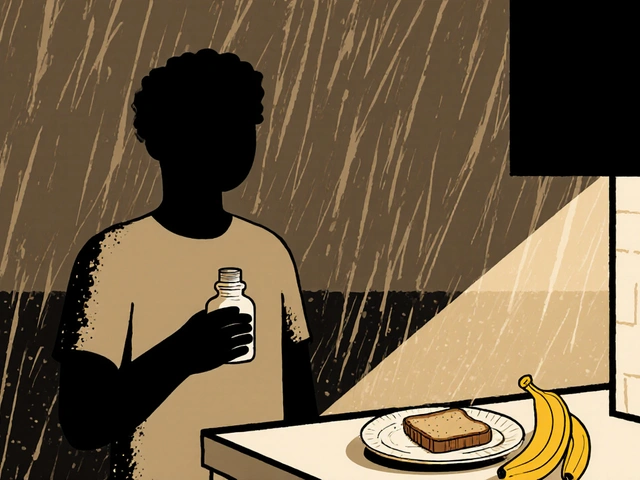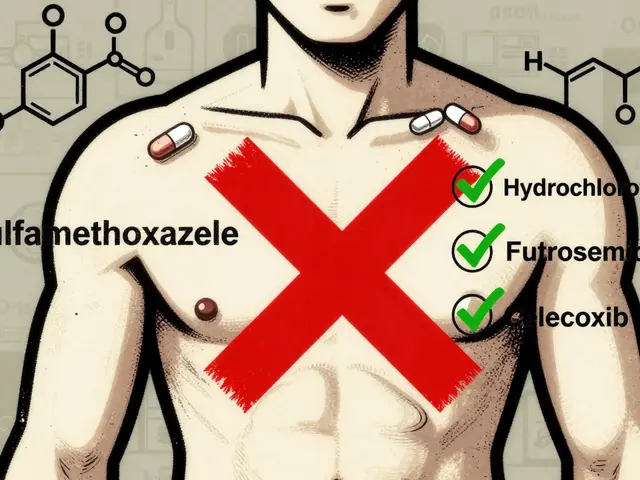Coping techniques you can use right now
When your chest tightens or your mind won't stop racing, a few clear coping techniques can make the moment smaller. These are not therapy cures—think of them as tools you can try at home, at work, or in the middle of a stressful conversation. Use what fits, practice often, and mix techniques to see what helps most for you.
Quick, practical techniques (step-by-step)
Box breathing: inhale for 4 seconds, hold 4, exhale 4, hold 4. Repeat 4 times. It slows your heart and clears your head fast.
Grounding 5-4-3-2-1: name 5 things you see, 4 you feel, 3 you hear, 2 you smell, 1 you taste or want to taste. It pulls attention out of panic and into the present.
Progressive muscle relax: tense a muscle group for 5–7 seconds, then release and notice the change. Head-to-toe takes 5 minutes and cuts physical tension quickly.
Move for 10 minutes: a brisk walk, stairs, or a few sets of bodyweight moves. Movement breaks the stress loop and resets mood chemicals.
Schedule a “worry slot”: give yourself 10–20 minutes later to think about problems. It trains your brain to postpone catastrophizing when you need to focus.
Limit stimulants: if anxiety spikes after coffee, try less or switch to tea. Small changes in caffeine or sugar often lower baseline anxiety.
How to make coping techniques stick and where to learn more
Practice when you’re calm so the skill is ready during stress. Try one technique for a week and keep a tiny note about how it felt. If a technique helps, add it to a short list on your phone for quick access.
Not sure which techniques match your situation? Read articles on PrescriptionPoint.SU that relate to coping: “Panic Disorder and Dating: Tips for Navigating Relationships” covers relationship-specific coping; “A Closer Look at Paroxetine's Side Effects” helps if you’re managing meds and side effects; neuroscience pieces like “SV2A: Unlocking New Hope for Psychiatric and Neurodegenerative Diseases” explain why some treatments work. Use those pieces to understand both skills and medical options.
If coping techniques aren’t enough, contact a healthcare provider. PrescriptionPoint.SU has a Get In Touch page for questions and next steps. Medication, therapy, or a combination of both can be appropriate—ask for clear options and expected timelines.
Small, consistent steps beat dramatic fixes. Try one breathing trick, one short walk, and one habit change this week. Keep what helps and drop the rest. Over time, those tiny wins add up to real control over stress and panic.

Explore how emtricitabine, a key medication for HIV treatment, impacts mental health. Learn how to navigate the journey of living with HIV while maintaining a healthy mind. Discover practical tips for coping and thriving, despite the challenges. Delve into the connection between HIV medications and mental well-being. Empower yourself with knowledge to support your mental health journey.
Continue Reading





